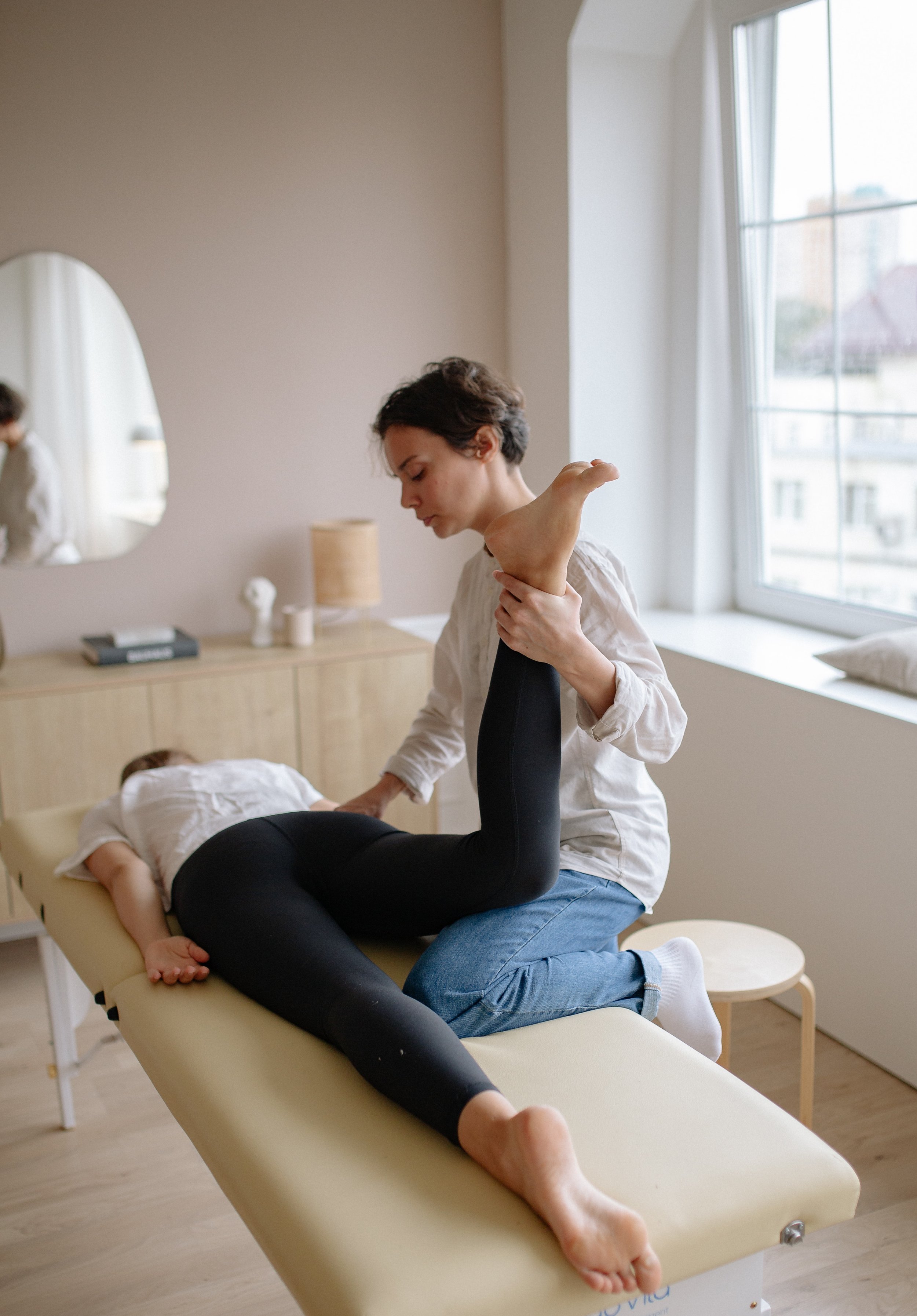Benefits of Pelvic Health Physiotherapy During Pregnancy and Post-Partum
/What is Pelvic Floor Physiotherapy?
Pelvic physiotherapy is a manual therapy for both men and women that focuses on the rehabilitation of the pelvic floor. The pelvic floor muscles span the bottom of the pelvis, and provide support to the internal pelvic organs. Pelvic Health Physiotherapists are trained in assessing and treating dysfunctions of the pelvic floor, such as incontinence, pelvic pain and prolapse. They have received advanced training in pelvic floor dysfunction and are registered with the College of Physiotherapists of Ontario.
As part of the treatment of your pelvic floor, your Physiotherapist may ask for your consent to perform internal assessments. By performing an internal examination during the initial assessment and in subsequent treatment sessions, therapists are able to provide feedback to ensure proper performance of the pelvic floor exercises for relaxation and strengthening. Internal assessments are not mandatory and external techniques can be applied with great success.
During pregnancy and after giving birth, the pelvic floor muscles stretch and weaken, leading to a variety of symptoms such as urinary leakage. It is recommended to start Pelvic Health Physiotherapy during your second or third trimester. The focus during pregnancy is often strengthening exercises, breathing exercises and stretches to relax the pelvic floor and prepare for delivery.
Benefits to seeing a Pelvic Health Physiotherapist During Pregnancy:
Decrease urinary incontinence (if experiencing symptoms)
Reduce the risk of having urinary leakage in the 3rd trimester and postpartum
Helps to reduce and/or prevent aches and pains in the lower back and pelvic region
Strengthen the abdominals, back and gluteal muscles
Help with birth preparation and teach you perineal massage to reduce risk of tearing
Help manage prolapse symptoms if you have them
Benefits to seeing a Pelvic Health Physiotherapist Postpartum:
Address and reduce symptoms such as pelvic pain, urinary incontinence
Education on proper positioning for breastfeeding and lifting to prevent back pain
Scar massage to reduce adhesion (if tearing and stitching occurred)
Pelvic floor strengthening to reduce chances of urinary leakage, and help prepare the pelvic floor for future pregnancies
Strengthen the abdominals, back and gluteal muscles to prevent aches and pains, and to safely return to physical activity
C-section recovery such as scar massage and safe core strengthening exercises
Assessment and treatment for a rectus diastasis (separation of abdominal muscles)
If you have any questions on Pelvic Floor Physiotherapy, or if you would like to learn more, click here, or to book an appointment with our Pelvic Physiotherapist, Jessica, click here.

